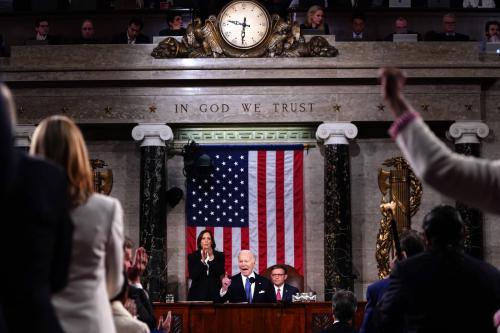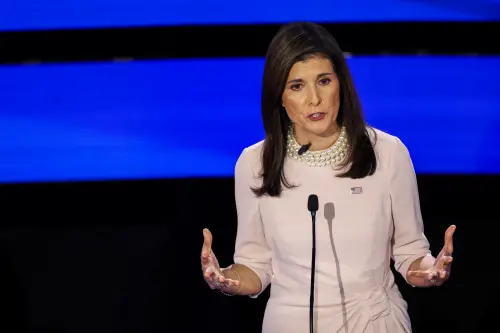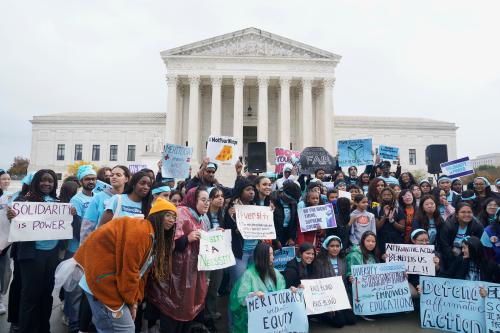INTRODUCTION
Nowhere in U.S. law is there a provision establishing the position of the assistant to the president for national security affairs. The job is the creation of presidents, and its occupants are responsible to them alone. The position gained prominence after John F. Kennedy’s election nearly half a century ago and since then has become central to presidential conduct of foreign policy. Fifteen people have held the job during this time. Some proved successful, others less so. But the post of national security adviser is now an institutional fact. By all odds, it will remain so.
National security advisers have a tough job. They must serve the president yet balance this primary allegiance with a commitment to managing an effective and efficient policy process. They must be forceful in driving that process forward to decisions yet represent other agencies’ views fully and faithfully. They must be simultaneously strong and collegial, able to enforce discipline across the government while engaging senior officials and their agencies rather than excluding them. They must provide confidential advice to the president yet establish a reputation as an honest broker between the conflicting officials and interests across the government. They must be indispensable to the process and the president yet operate in the shadows as much as possible. They must do the heavy lifting yet allow others to receive the glory. Above all, they must ensure that the president and his senior advisers give thorough and careful consideration to the handful of critical issues that will make or break the administration. And they must handle all issues, large and small, in a manner that establishes and retains the trust of their senior administration colleagues.
The failures of many previous national security advisers show the importance of getting the job right. Their successes show that it can be done. If the next national security adviser can learn from these failures and these successes, the nation will benefit greatly.



Commentary
In the Shadow of the Oval Office: The Next National Security Adviser
December 22, 2008